High-Dosage Tutoring: Research Partnership with Saga Education
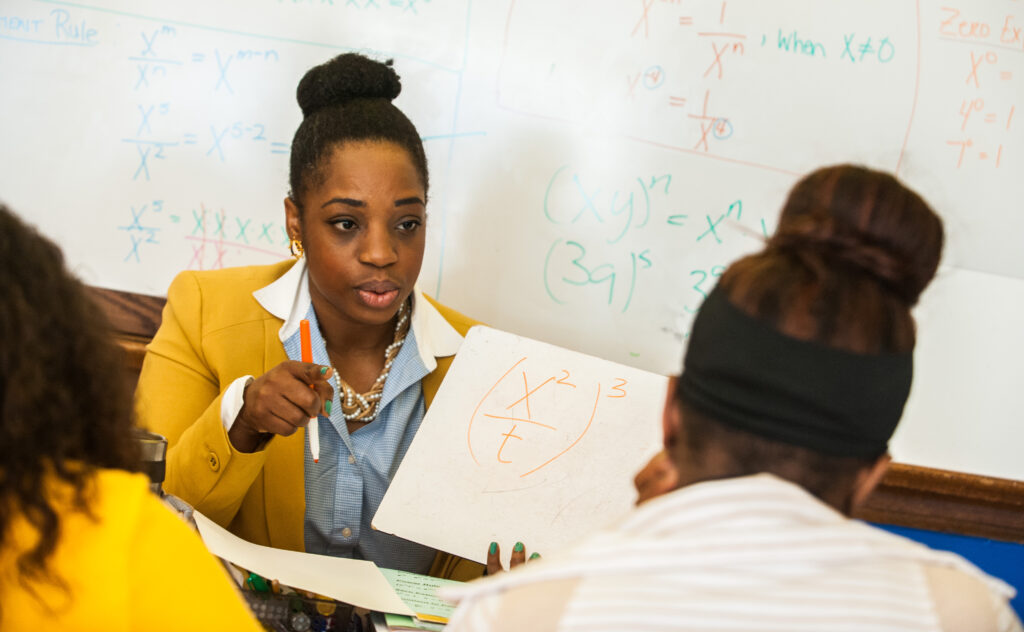
Long before the COVID-19 pandemic shuttered schools and induced a once-in-a-century education crisis for students, the Education Lab, in partnership with Saga Education and school partners in Chicago and New York City, began generating evidence on the efficacy of high-dosage tutoring.
Partnership overview
While education researchers have long known that small-group instruction creates ideal learning conditions, doing so at scale and in an effective and cost-effective manner has remained an elusive goal. Saga Education, a non-profit organization borne out of Match Charter Schools in Boston, had learned how to use recent college graduates, career changers, and retirees to deliver small group tutoring to students as part of their regular school day instruction. By simplifying the task of instructional delivery from teaching–which requires high levels of skill and training in classroom management, pedagogy, and parent engagement–to tutoring, Saga discovered how to implement this kind of instructional practice at moderate scale. In 2011, the Education Lab worked with Chicago Public Schools and the City of Chicago to bring Saga Education to Chicago to conduct a pilot study in Harper High School on the South Side of Chicago.
Since 2012, the Education Lab has partnered with Saga Education and school and district partners on several randomized controlled trials to understand the effectiveness of high-dosage tutoring on student learning, generating important knowledge about its effectiveness, cost-effectiveness, and scalability. These studies have evaluated the efficacy of a variety of programs including high school math and first-grade literacy; programs in charter and public school settings; in-person and blended tutoring models; and models using ratios of 2:1 students to tutors and 4:1 students to tutors. This research agenda shows that high-dosage tutoring–when administered during the day, consistently, in a manner that allows students to practice math or reading skills at their level in an individualized way–is one of the most effective and cost-effective interventions ever studied. The Education Lab’s recently launched Personalized Learning Initiative builds on this evidence to try to understand not just whether high-dosage tutoring can scale across districts and providers, but which types of models work best for which students.
High School Algebra Tutoring
Saga Education’s high-dosage tutoring provides daily 50-minute, two-on-one instruction to students during the school day at modest per-pupil costs. Since 2012, Saga Education has implemented this high-dosage tutoring model in 9th– and 10th-grade math classrooms in Chicago. The Education Lab, in partnership with CPS and Saga Education, has carried out three separate large-scale randomized controlled trials (RCTs) of this tutoring program with thousands of students across the city.
Our researchers found that Chicago students who participated in Saga for a single year gained one to two-and-a-half years of additional learning, compared to students who did not participate. Put differently, one year of Saga increases student test scores by an amount that would cut the Black-White test score gap by 20-50%.
Read more about the study here.
Years Active
2012 – present
Topics
Project Leads
Monica Bhatt
Senior Research Director
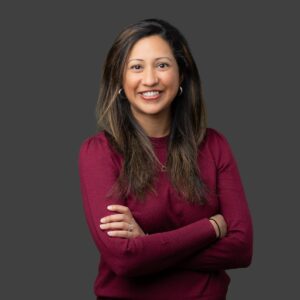
Trayvon Braxton
Portfolio Director

Jonathan Davis
Assistant Professor, University of Oregon
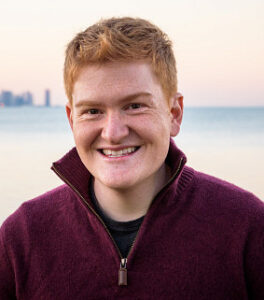
Jon Guryan
Faculty Co-Director
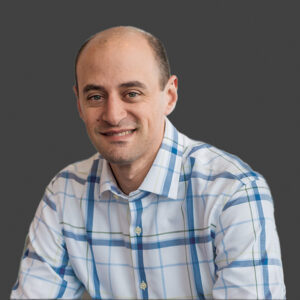
Kelly Hallberg
Scientific Director, Inclusive Economy Lab; Senior Research Associate, Harris School of Public Policy
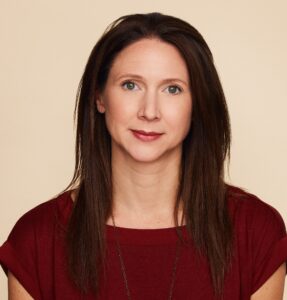
Salman Khan
Research Director

Daniel Lopez
Senior Research Manager
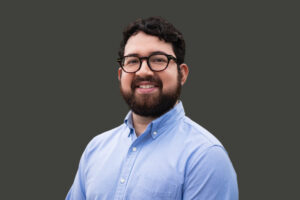
Jens Ludwig
Faculty Co-Director
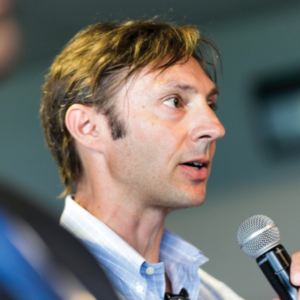
Bhavya Mishra
Analytics Manager
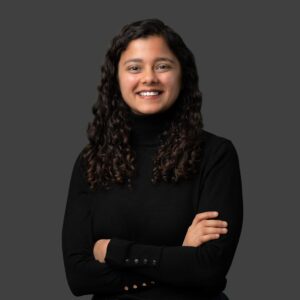
John Wolf
Associate Director
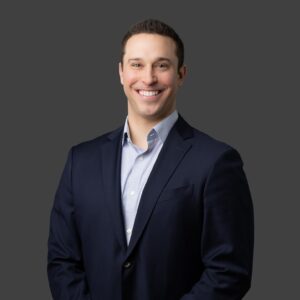
Early Literacy Tutoring
Given the promising results from the Saga high school math study, the Education Lab partnered once again with CPS and Saga Education in 2016 to test whether the Saga model effectively increased learning across age groups and academic subjects. We evaluated Saga’s first-grade high-dosage literacy tutoring pilot program run in two CPS charter schools. Participants in the program received intensive two-on-one literacy tutoring for 45 minutes every school day, during their regular classroom’s literacy instructional time.
The Education Lab evaluated the Saga literacy program using a two-year RCT and found again that the Saga model significantly increased student learning. Students who participated in the program gained roughly a month of learning over students in the regular classrooms and learned approximately 25% more reading skills in one year than the typical American first-grade student.
Read more about the study here.
Students who participated in the program gained roughly a month of learning over students in the regular classrooms and learned approximately 25% more reading skills in one year than the typical American first-grade student.
Scaling by Expanding the Tutor Staffing Pool
Most of the time, we don’t get to understand the impact of programs at scale until we scale them and then study them. Saga Education’s traditional high-dosage tutoring model consistently improved student outcomes, so the research team wanted to learn how to effectively scale those impacts. As a program like Saga scales, the pool of potential tutors increases, which may negatively affect the quality of the tutor and thus impact student outcomes.
For this randomized controlled trial Saga Education implemented their traditional, 2:1 high-dosage tutoring model in schools in Chicago and New York City during the 2016-18 academic years. To do so, we applied insights from price theory and field-based randomized controlled trials to measure the effect of the Saga High-Dosage Tutoring (HDT) model at large scale before implementing at scale. The theory driving this study involves the understanding that, as a program scales, there may be a decline in the quality of workers the program provider is able to hire to implement the program. To estimate how the program would work at large scale without having to expand to more schools or to pay the costs of implementing at larger scale, Saga Education recruited tutors as though they were implementing at 3.5 times the size of actual implementation but selected tutors to hire from this larger group of potential hires and rank-ordered the tutors based on their expectation of the tutors’ effectiveness at the time of hiring. This method, combined with a randomized controlled trial, allowed the Education Lab to evaluate the Saga HDT model implemented at a larger scale to determine whether tutor effectiveness impacted student outcomes.
Read more about the study here.
Scaling by Incorporating Education Technology
While our past Saga studies indicate that high-dosage tutoring is a cost-effective way to increase student learning, the cost of providing every two students with one tutor is cost-prohibitive for many school districts. As a result, we sought to understand how to scale the intervention in a more cost-effective manner without sacrificing effectiveness. To learn more about sustainably scaling high-dosage tutoring, we evaluated Saga Education’s blended learning model delivered to 9th-grade algebra students, which uses an education technology platform in addition to in-person tutoring. In this model, a Saga tutor worked with four students per session, with two students working directly with the tutor, and two on an education technology platform. The model allowed Saga to serve more students and reduce costs by approximately $500 per pupil.
In a two-year RCT evaluation, the Education Lab found that students who participated in Saga’s blended-learning tutoring model for a single year gained an additional one to two years of additional math learning, a result that is comparable to the gains observed from Saga’s traditional tutoring model. These results are promising, as they show that it is possible to scale up high-dosage tutoring by lowering the cost of the intervention while still preserving its effectiveness.
Read more about the study here.
Results from the Education Lab’s partnership with Saga Education and CPS
Today, this research partnership has informed the work of all three partners. Encouraged by these positive study results, CPS has created its own in-house tutor corps, hiring more than 700 tutors to serve students at more than 200 schools citywide. Saga Education is advising districts nationwide on their tutoring interventions and is also experimenting to find low-cost, effective tutoring models that can reach more students. The Education Lab is embarking on a multiyear study of tutoring in districts nationwide. The Personalized Learning Initiative (PLI) plans to serve 30,000 high-need students with different innovative forms of tutoring in collaboration with districts across the country.
Read more about PLI here.
Published results from the Match study in the American Economic Review (AER) in March.
In partnership with Saga Education and Overdeck Family Foundation, hosted a data briefing to share results from the Saga Technology study.
Continued expansion of the Personalized Learning Initiative (PLI).
Published results from the Match study as a National Bureau of Economic Research (NBER) working paper in March.
Continued Saga Online pilot through academic year 2021-22.
Launched the Personalized Learning Initiative (PLI), a multiyear study of tutoring nationwide.
Chicago Public Schools (CPS) launched the CPS Tutor Corps, an in-house tutoring initiative to provide high-dosage tutoring to CPS students.
In response to the COVID-19 pandemic, partnered with Saga Education and CPS to pilot Saga Online, a completely online, remote learning version of high dosage tutoring, in 9 CPS Options schools.
Continued evaluation of the Saga Technology randomized controlled trial in 3 CPS and 4 NYC DOE high schools.
Continued partnership with Saga Education to evaluate the Saga Technology model, a blended-learning high-dosage tutoring model that incorporates computer-assisted learning (CAL), as an RCT in 2 CPS and 4 NYC DOE high schools.
Continued evaluation of the Saga Literacy randomized controlled trial.
Continued evaluation of the Saga Scale-Up randomized controlled trial.
Published The Economics of Scale-up as an NBER working paper describing the study design that informed the Saga Scale-Up study in October.
Piloted the Saga Half-Dosage model, where students received high dosage tutoring every other day (rather than every day), in one CPS and one NYC DOE high school.
Published early results from the Match study as a policy brief in The Hamilton Project in March.
Continued partnership with Saga Education to pilot Saga Literacy, an early literacy version of its high-dosage tutoring model, as a randomized controlled trial in 2 CPS elementary charter schools with 345 students.
Building on the previous year’s pilot, partnered with Saga Education to evaluate Saga Scale-Up, a study design that examined the relationship between program scale and effectiveness.
Published early results from the Saga Match study as a Northwestern University Institute for Policy Research (IPR) working paper in February.
Launched the pilot year of the Saga Scale-Up study in 11 CPS high schools with 1,846 students.
Continued evaluation of Saga’s high-dosage tutoring model with the second year of the Saga Match study in 15 CPS high schools with 2,645 students.
Based on promising results from the pilot, launched the first year of the Saga Match study in 12 CPS high schools with 2,633 students.
Launched the pilot year of the Saga Match study in CPS’s Harper High School with 106 students.
Partners
Saga Education

Chicago Public Schools
New York City Department of Education
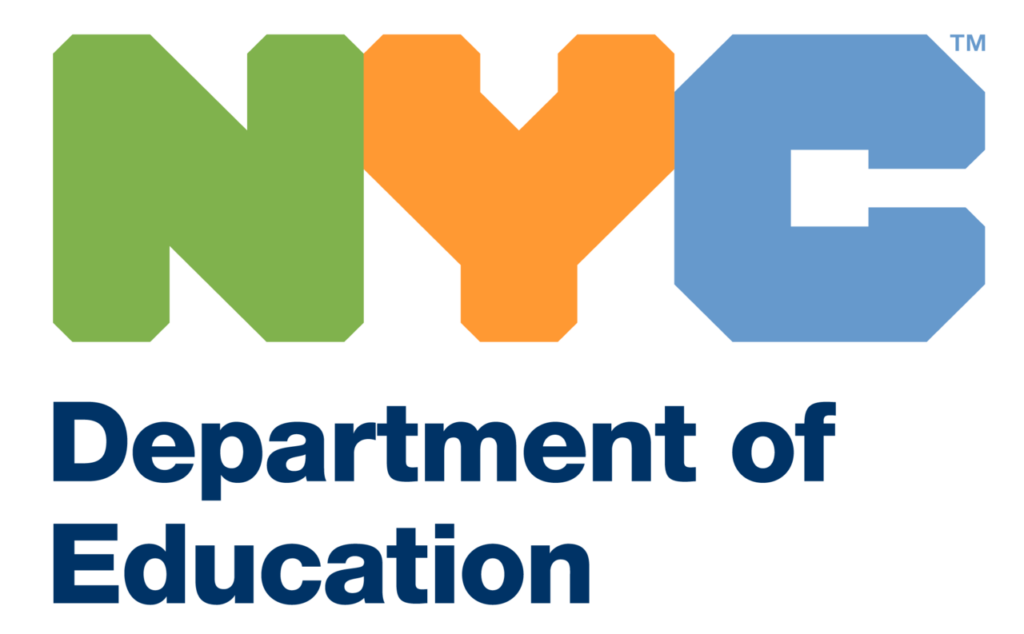
Latest Updates
How In-School Tutoring Benefits Both Attendance and Math Scores
Education Week’s Olina Banerji talks with Education Lab Senior Research Director Monica Bhatt about preliminary results from the Personalized Learning Initiative, which found that in-school tutoring is leading to positive effects on math scores.

High dosage tutoring brings math gains, study finds
K-12 Dive’s Kara Arundel speaks with Education Lab senior research director Monica Bhatt about initial results from the Personalized Learning Initiative, which shows improvement in math for students from Chicago Public Schools and Georgia’s Fulton County Schools after participating in consistent, school-day tutoring programs.
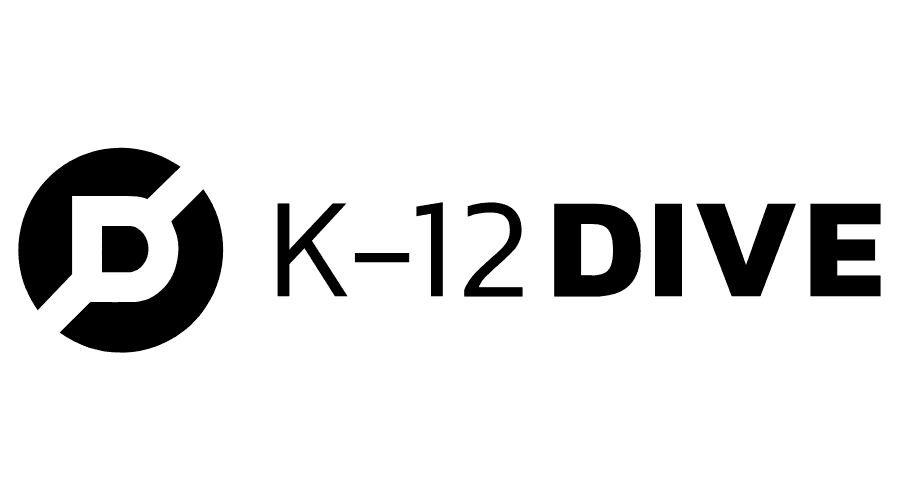
Back-to-school assignment for Chicago schools: Go all out on ‘high dosage’ tutoring
The Chicago Sun-Times Editorial Board discusses the promise of high-dosage tutoring in Chicago Public Schools with the Education Lab’s Monica Bhatt.
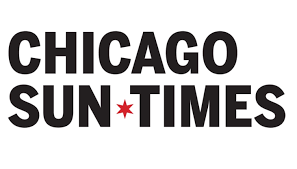
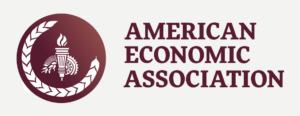
Not Too Late: Improving Academic Outcomes Among Adolescents
Read our academic paper on the early Saga studies published in the American Economic Review.

The Economics of Scale-Up
National Bureau of Economic Research paper on a significant challenge in social program implementation – the dilemma of scaling up.
Improving Academic Outcomes for Disadvantaged Students: Scaling Up Individualized Tutoring
Education Lab Faculty Co-Directors Jon Guryan and Jens Ludwig and Executive Director Rosesanna Ander penned this The Hamilton Project policy proposal.
